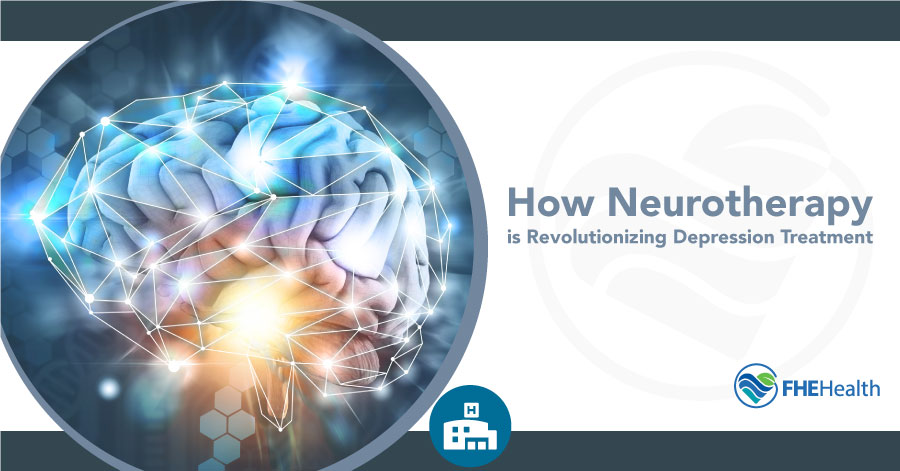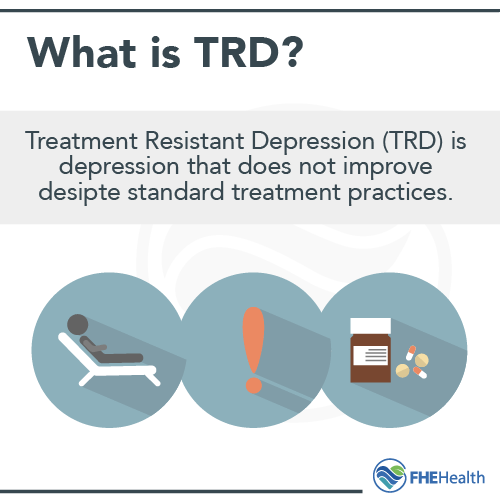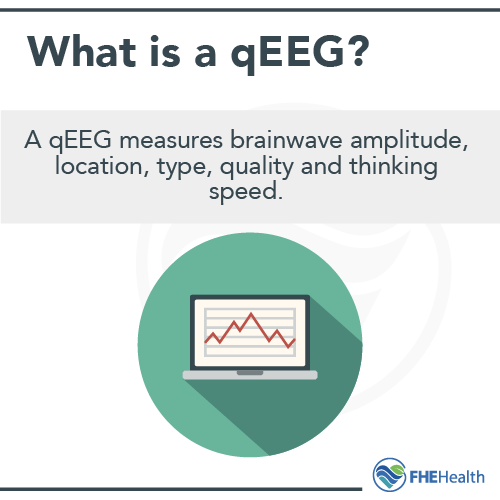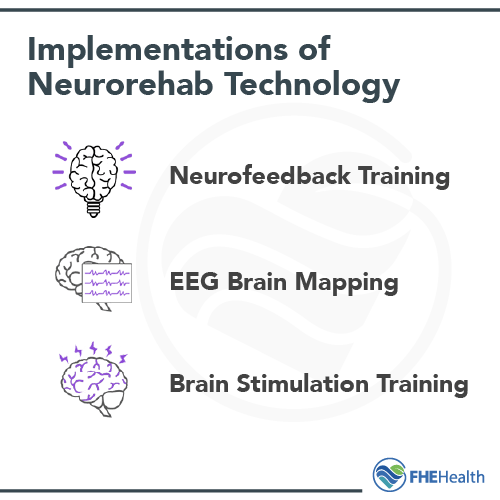
In 2017, a small group of Korean medical scientists carried out a pilot study with patients suffering from depression. The study didn’t involve any type of psychotherapy or cognitive behavioral therapy (CBT), and it didn’t involve medication.
The treatment involved a portion of the subjects taking part in various sensory feedback exercises and then being asked to fill out questionnaires that tracked their progress over time. The same questionnaires were filled out by the control group which didn’t receive treatment of any kind. The results were shocking. In 75% of the subjects in the neurofeedback group, depression improved. A little under half of those subjects reported improved mental health to the point of remission.
This wasn’t the first example of neurotherapy being used to improve patients’ mental health, but it was one of the most promising ways this cutting-edge field of science is being used for severe cases of depression. In this piece, we’ll talk about how neurotherapy for depression is looking like an exciting new frontier in mental health treatment and some of the methods that it uses to get results.
Why Treating Depression Is Difficult

Still, there are some people for whom two or more different treatments for depression don’t work. These people have what is called treatment-resistant depression, or TRD.
Compare treating depression to treating something like high cholesterol. At a glance, the two are relatively similar. They can develop slowly, without symptoms until they’re severe. They’re both chronic conditions, but they have one key difference. Testing the effectiveness of treatments for high cholesterol is a matter of a simple test that measures triglycerides and cholesterol levels in the blood. No such test exists for depression or any other mental health condition.
Before the development of neurotherapy, treating and measuring a condition like depression was subjective. However, this new field of treatment and the accompanying technology gives us a way to quantify mental health, opening a channel for improved treatment.
The qEEG

That’s where the qEEG comes in. It uses the same data to draw a map of the brain’s activity and compares it to a vast field of data, providing deeper insights that can be used in practice in the treatment of a variety of mental and behavioral health conditions. In fact, FHE Health has used qEEG technology to treat addiction for years.
How qEEG Is Used in Treating Depression in Neurotherapy
A qEEG can measure brainwaves in multiple dimensions, including:
- amplitude
- location
- typical and atypical patterns
- quality of interregional communication
- thinking speed
These can all go a long way in discovering potential inconsistencies in brain function, which is important. Although we understand that mental health conditions like depression and anxiety are caused by something happening in the brain, it’s been extremely difficult to pinpoint exactly what. With the help of the qEEG, the treatment industry may be able to learn more about how mental illness manifests, both in individual patients and on the whole.
Using brain scans for Neurotherapy offers both active and passive benefits to treatment.
- Active: qEEG brain scans can guide the path of treatment. No matter the type of treatment being used, measurements over time recording different areas of the brain and how treatment alters brain activity in certain sectors can give therapists an idea of what treatments will work better than others. Different parts of the brain control different functions and thought patterns. If decreased activity in one part of the brain tends to correlate with worsened depression reported by the patient, it gives therapists an objective way to plan treatment.
- Passive: qEEG in treatment provides a better, more concrete way to measure progress over time. Again, no matter what treatment entails, tracking the success will not be an exact — or anywhere close to exact — science without an objective measurement system. By mapping brain activity readings and comparing them to empirical data, neurotherapy provides us a way to do so.
Other Breakthrough Neurotherapy Techniques

What it entails is basically creating a feedback loop. Therapists put some type of brain measurement device (an EEG or a qEEG) on a patient and have them watch a movie, for example. After a baseline measurement of brain activity is reached, the TV might become brighter or louder as more brain activity takes place in a part of the brain associated with happiness, for example. Because the subject wants to experience the sensory aspects of the movie, they’ll — consciously or subconsciously — become happier to expose themselves to the full experience.
This anecdote is extremely simple, but it does describe the basic theory behind emerging neurotherapy techniques. The brain is responsive and elastic to many different stimuli, which means that it should be able to be trained to think in different ways.
Treating Depression Using Neurotherapy at FHE Health
The important thing to remember when it comes to Neurotherapy or any method of mental health treatment is that no two people are alike. What works for one won’t necessarily work for another, which is why it’s important to have options for your treatment.
At FHE Health, we offer as many evidence-based therapies as we can in the hopes of finding one or more treatments that are effective for every patient we treat. To learn more, contact us.






